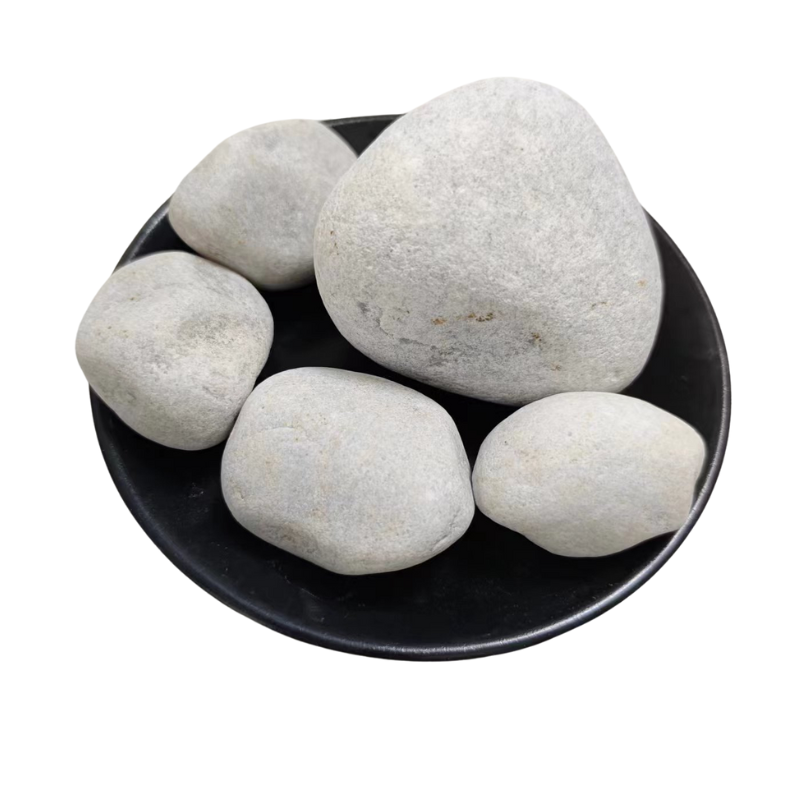
Essential Minerals and Their Roles in Our Daily Lives
The Role of Minerals in Everyday Life
Minerals are fundamental components of the Earth’s crust and play an indispensable role in our daily lives. They are naturally occurring inorganic substances that are critical not only to our health but also to the functioning of industries, technology, and agriculture. From the food we eat to the devices we use, minerals are often the unseen heroes that enhance our quality of life.
One of the most vital minerals for human health is calcium. Found predominantly in dairy products, leafy green vegetables, and fortified foods, calcium is essential for building and maintaining strong bones and teeth. It also plays a role in blood clotting, muscle contraction, and nerve transmission. A deficiency in calcium can lead to health issues such as osteoporosis, underscoring its importance in our diet.
The Role of Minerals in Everyday Life
In addition to health, minerals are pivotal in various industries. For instance, potassium and magnesium, often found in fertilizers, are instrumental in promoting healthy crop growth. Agriculture leverages these minerals to enhance soil fertility, leading to increased food production and sustainability. Without these minerals, achieving food security would be exceedingly difficult.
minerals used in everyday life

Moreover, the technological advancements in our lives heavily rely on various minerals. Silicon, for example, is a critical component of electronic devices, including smartphones and computers. Its properties allow for the creation of semiconductors that power our digital world. Similarly, copper is used extensively in electrical wiring and plumbing due to its excellent conductivity and malleability. As technology continues to evolve, the demand for these minerals rises, highlighting their importance in modern-day conveniences.
Furthermore, minerals like aluminum and iron are essential in construction. They are used to produce sturdy materials necessary for building infrastructures, such as bridges, buildings, and roads. The lightweight nature of aluminum combined with its resistance to corrosion makes it a favorite in the automotive industry as well, leading to the production of more fuel-efficient vehicles.
In our homes, minerals play a role in our daily routines. For example, salt, which comprises sodium and chloride, is ubiquitous in cooking and food preservation. It not only enhances flavor but also acts as a preservative, making it an essential mineral in our kitchens. Additionally, minerals such as quartz are commonly used in household products, from countertops to watches, demonstrating their versatility in everyday applications.
In summary, minerals are integral to our lives in myriad ways, serving functions essential to health, industry, agriculture, and technology. Their presence in our diets ensures we maintain optimal health, while their applications across various sectors underscore their economic significance. As we continue to explore ways to harness these natural resources responsibly, a deeper awareness of their roles and benefits can lead to more informed decisions about consumption and sustainability. By appreciating the importance of minerals in our everyday life, we can advocate for their sustainable use and ensure that these resources continue to support future generations.
Share
-
Premium Resin Coated Sand - High Heat Resistance CastingNewsJul.31,2025
-
High Quality Silicon Carbide Grit for Abrasive ApplicationsNewsJul.30,2025
-
High-Quality Ceramsite for Plants & Gardening | Lightweight PebblesNewsJul.29,2025
-
Premium Burgundy Glass Marbles for Vases & Shooter GamesNewsJul.29,2025
-
High Purity Quartz Sand for Industrial and Ground ApplicationsNewsJul.29,2025
-
High-Quality Barite Powder for Drilling & Industrial UseNewsJul.29,2025






